Tri-Co Philly Stories

Bryn Mawr 101: Tri-Co Philly Program
"This program was created to connect students and faculty with the amazing experiences Philadelphia has to offer."

Architecture and Urbanism of Philadelphia
This course will proceed from two basic assumptions: that the built environment, as a cultural product, is a rich archival record; and that architecture and urbanism are not born complete but made by people through discussion, debate, contingency, use, and reuse.

Literary Philadelphia – A Collective Exploration
Philadelphia is a vibrant literary city - and one without a single, monolithic literary center of gravity. In this class, taught by novelist, poet, and Swarthmore Visiting Assistant Professor of Creative Writing, Moriel Rothman-Zecher, students will have a chance to get to know, and contribute to, Philadelphia's vibrant literary culture.

Tri-Co Philly: A Sociological Journey to Immigrant Communities in Contemporary Greater Philadelphia
This course will use the lenses of sociology to critically and comparatively examine various immigrant communities that historically, economically, politically, and socially have shaped the city of Philadelphia.
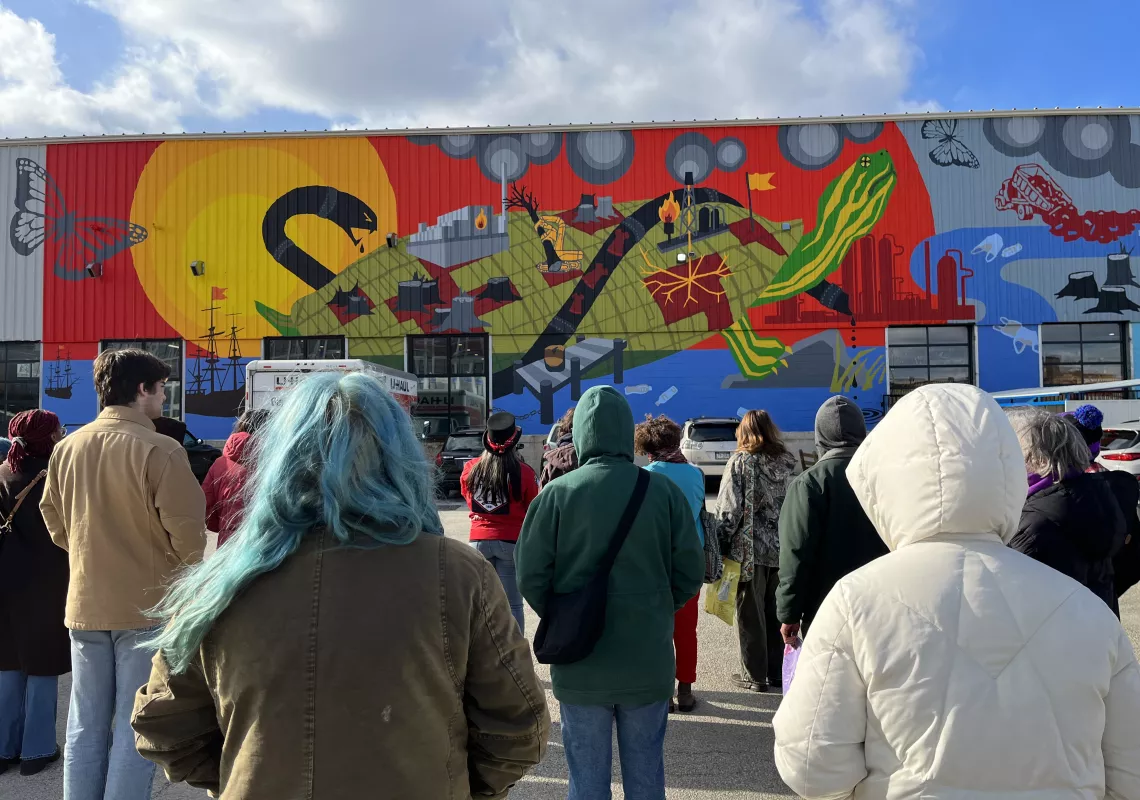
Tri-Co Philly: Heat and Health: Design Action Lab
This transdisciplinary and community-engaged course focuses on challenges of responding to extreme heat in Philadelphia. Site visits, guest speakers, readings, and community-driven research will deepen students’ understanding of the intertwined social, economic, health, and environmental challenges facing Philadelphia in a warming world.
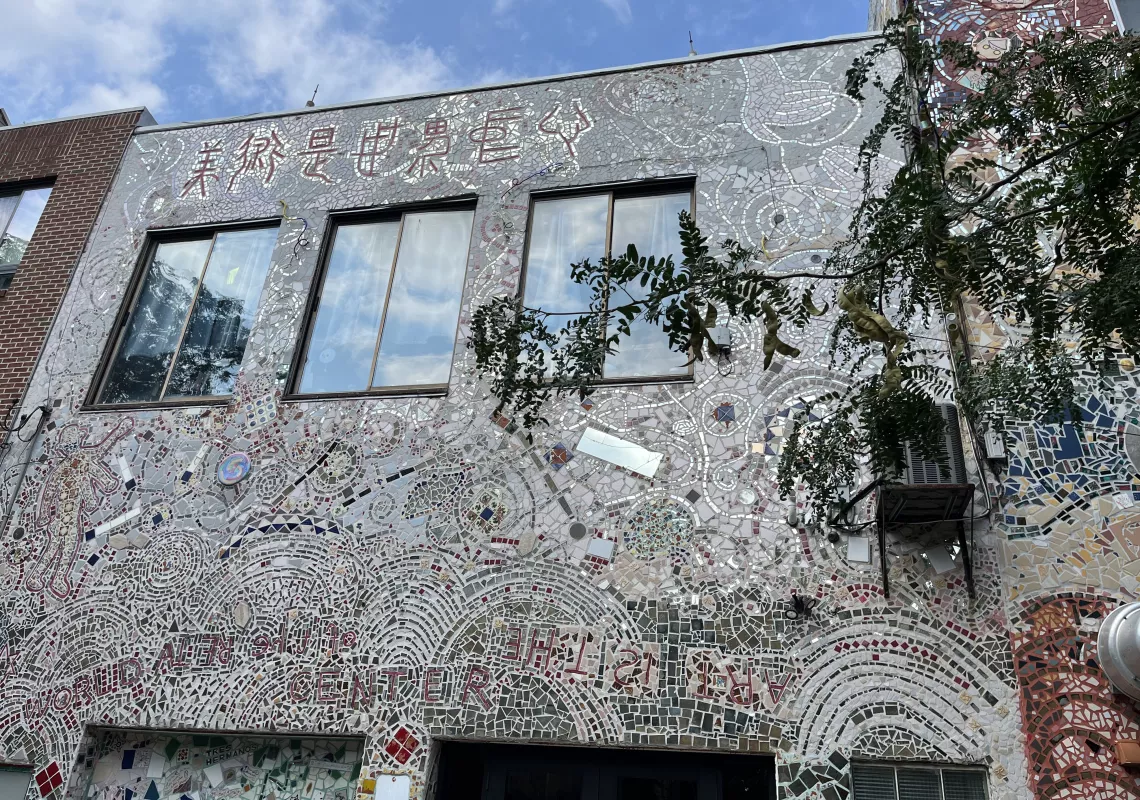
Tri-Co Philly: Contemporary Art & Film in Philadelphia
This course will explore the vibrant contemporary art world of the city of Philadelphia—a city uniquely positioned to attract artists with its many top-tier fine art schools, world-class museums, relatively affordable living and studio spaces, and thriving network of artist-run galleries and exhibition spaces.
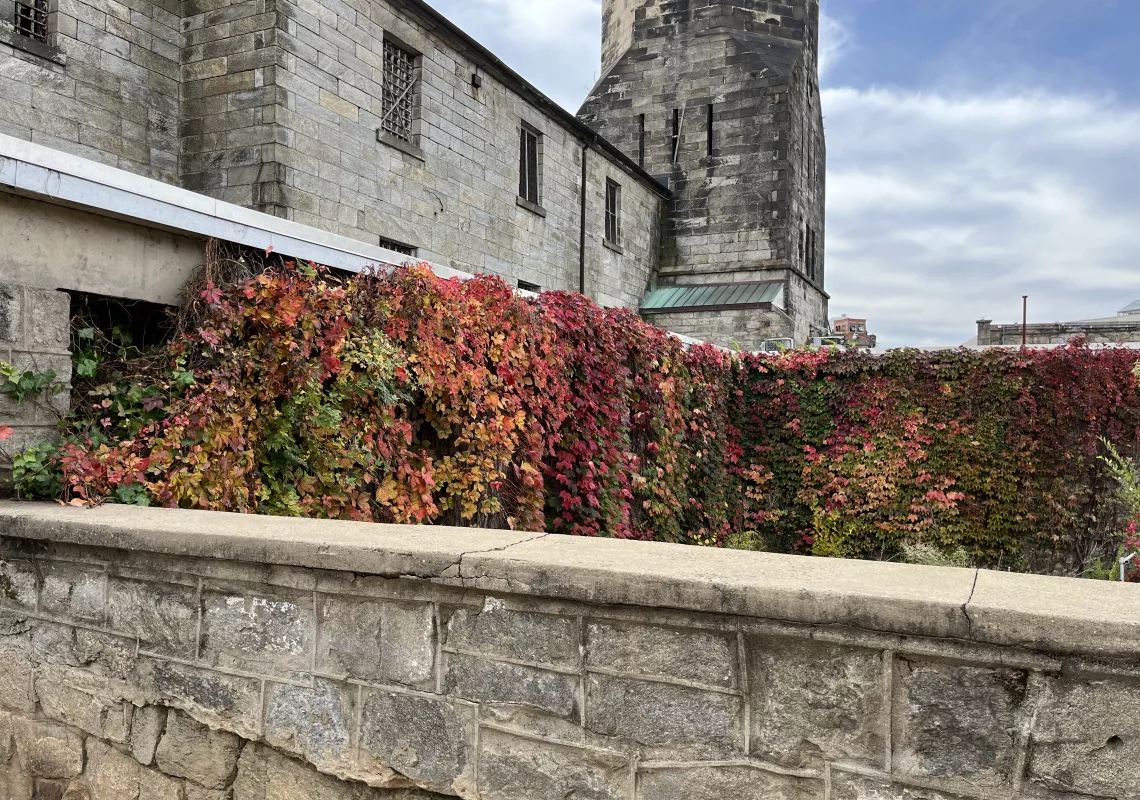
Tri-Co Philly: Philadelphia the Global City: The Italian Legacy across Time
This course investigates the history and evolution of Philadelphia as a globalized and multi-ethnic city, using as a case study for this analysis the impact and legacy of transnational Italian culture across the centuries.
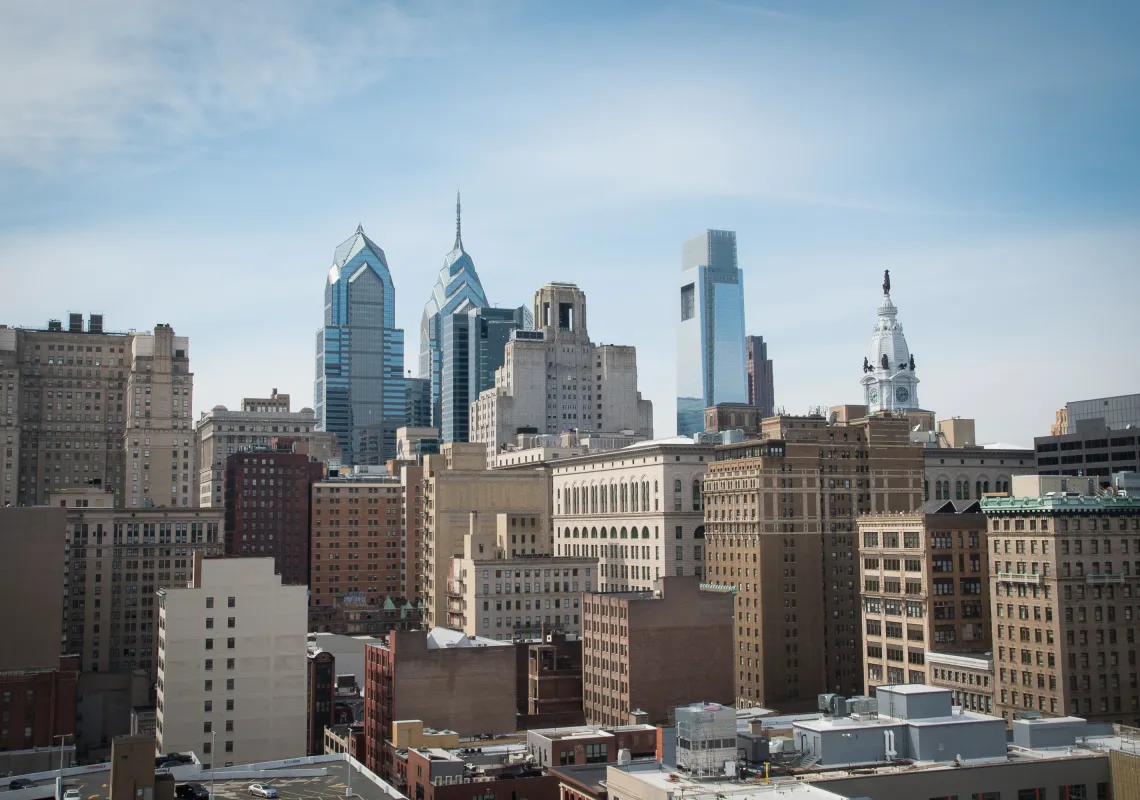
Tri-Co Philly: Philadelphia Music City
Drawing on the “music” side of the previously taught “Popular Music & Media” course, this course will investigate the history and contemporary conditions of music making in Philadelphia and its region.
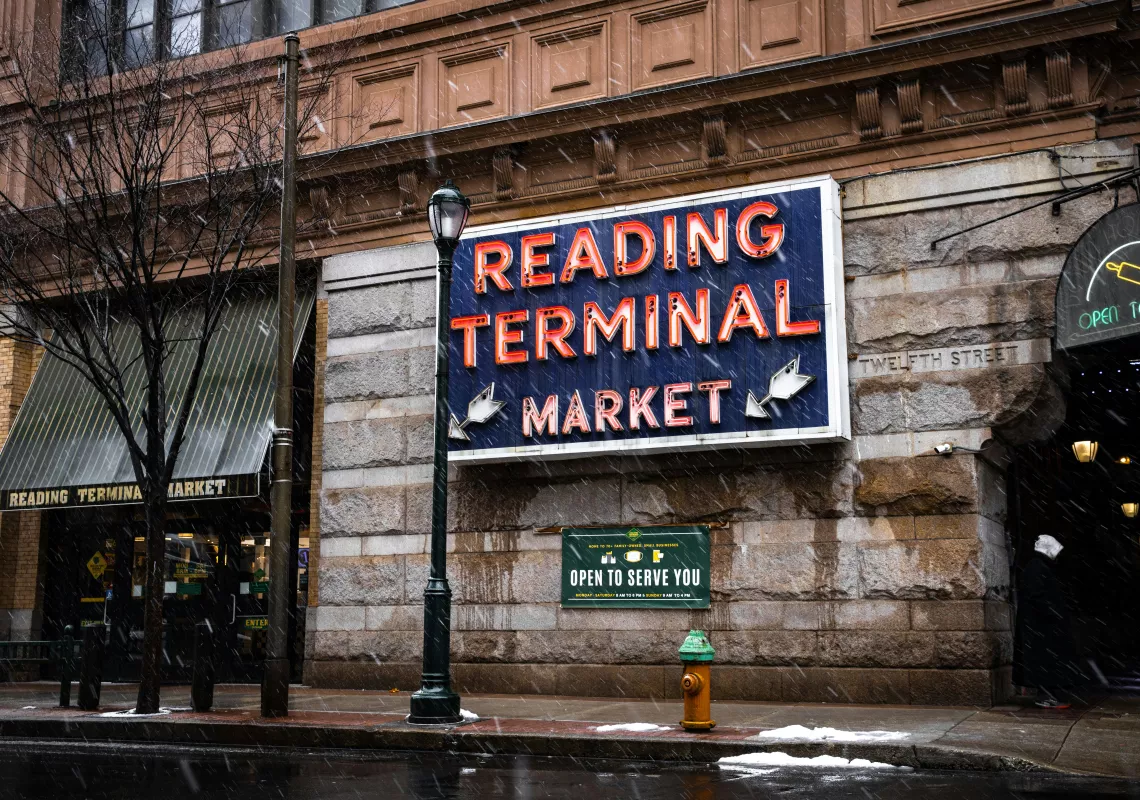
Tri-Co Philly: Food Cultures in Philadelphia
This course will explore the deep history of dining in Philadelphia, from Lenape foodways to the skills of Hercules Posey – George Washington’s enslaved chef – to the recent participation of Philadelphia cooks and restaurateurs in social justice movements.
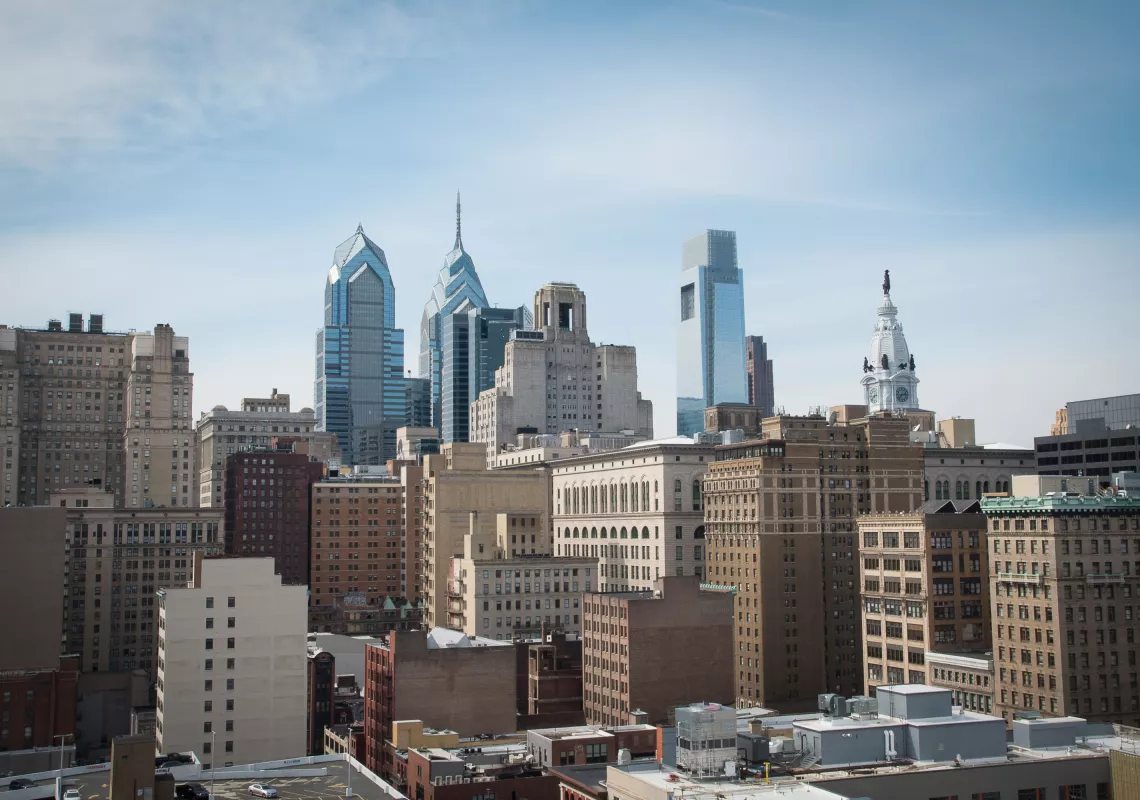
Tri-Co Philly: History & Politics of Punishment: The School to Prison Pipeline
This inter-disciplinary upper-level seminar will explore the complex school policies, teacher instructional decisions, as well as historical, political, social, economic, cultural, and structural forces that have given rise to documented reality of the “school-to-prison pipeline.”
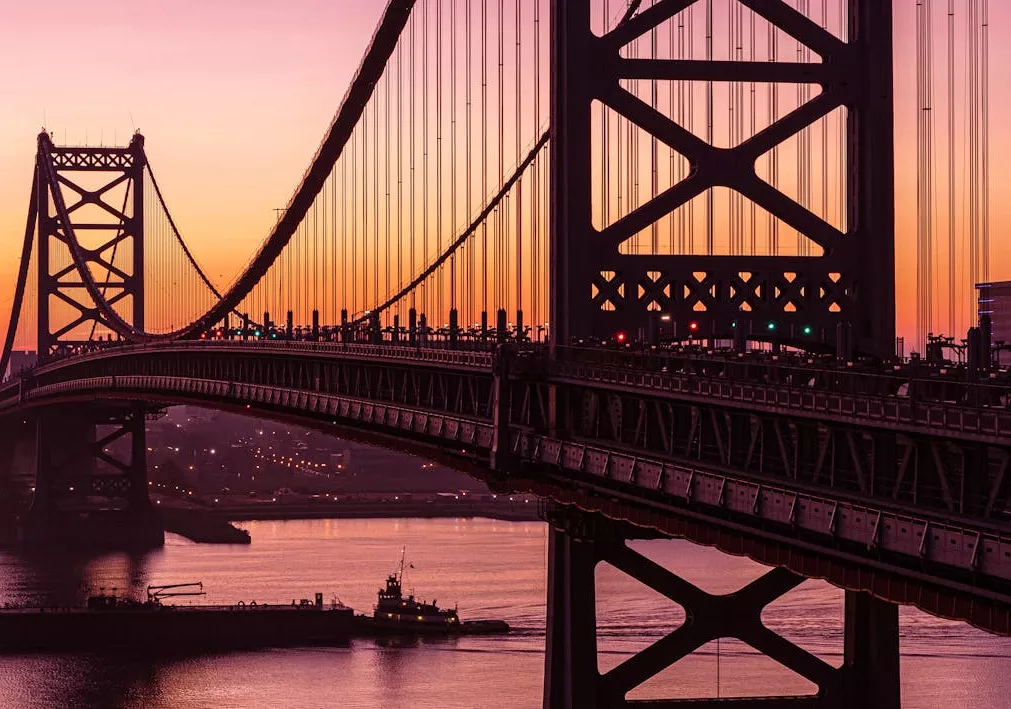
Tri-Co Philly: Grassroots Economies: Creating Livelihoods in an Age of Urban Inequality
The aim of the course would be to examine the political and economic constraints generated by poverty and racial and class segregation in contemporary urban environments and how grassroots economic initiatives rooted in mutual aid often fill the gaps and provide alternative ways to meet needs and generate supportive community.

Tri-Co Philly: A City of Homes: Housing Issues in Philadelphia
This class investigates the unique history of housing in Philadelphia. We will cover the problems the city has faced and still faces in providing affordable housing, fair access to housing and creating diverse and vibrant neighborhoods and its great legacy of innovation in this area.